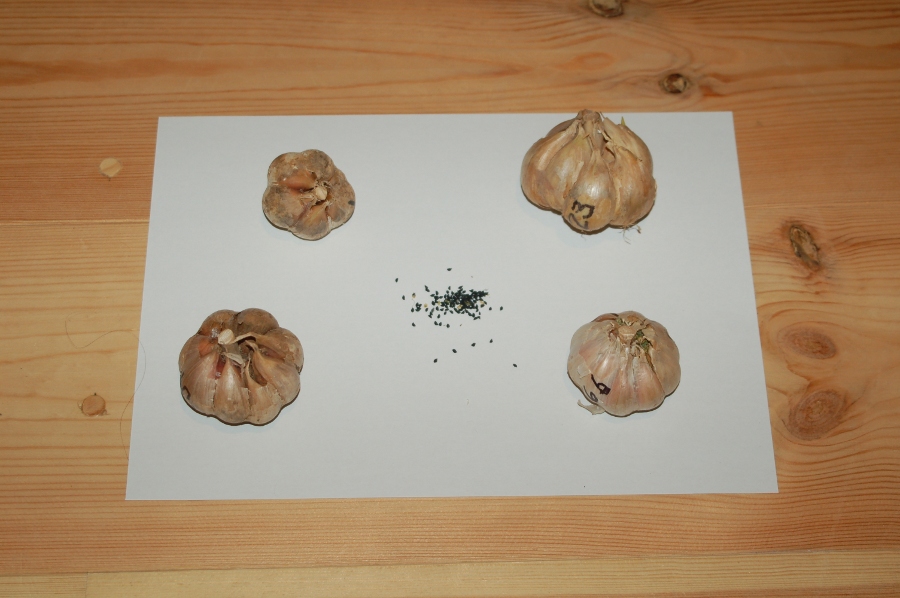One of the key aspects of the pending seed legislation are provisions for import and export of plant material. Anyone who has worked with moving plant material across national borders will tell you this is a very political process. For example, trying to get any plant material into the US during the Bush years was next to impossible, but under Obama it’s not usually a problem. Are risks of diseases or invasive species less now? Of course not, it’s just a different political climate.
The timing of the proposed EU seed law and the trade talks between the US and Europe is no coincidence. Agriculture has been identified as one of the most important elements of the trade talks, and there are provisions in both proposals that go along together. Basically what’s being promoted is the idea of complying with the laws of the destination country. This sounds very innocent, and almost logical. For example, GMOs are highly regulated in Europe, so the US would have to comply with the law in Europe when exporting GMOs there. Most people wouldn’t have a lot of problems with this. But there’s a very sinister side to this!
The proposed new seed regulation would place a heavy administrative burden on those wishing to sell seeds, in any quantity. This burden is carefully calculated to be too great for the small seed companies or farmers, but a trivial exercise for the larger companies. Since all seeds sold in Europe would have this administrative burden, by law, countries wishing to export seeds or other agricultural products to Europe would have to prove they have an equivalent administrative system in place. With this administrative system in place for exporting companies, it’s likely this system would be applied to everyone, in order to create a ‘level playing field’. It’s through this mechanism that Europe intends to use it’s trade agreements to export it’s seed laws, disrupting local seed markets and putting small farmers out of business, all over the world.
This idea is not new. Europe already has very strict regulations for the import of agricultural products, effectively exporting the current seed law, together with destruction of small farming businesses and poverty, all around the world. Europe currently accounts for 60% of the world’s seed exports, effectively forcing farmers in other countries to use these seeds for products destined for European markets. Is it a coincidence that so many of the world’s hungry and undernourished people work in the food industry themselves?
Other Consequences

So what are the other consequences of exporting hunger and poverty around the world?
It’s getting to be a seemly daily occurrence. Asylum seekers from Africa arriving by boat on the shores of Europe. Sometimes they make it, and sometimes they aren’t so lucky.
Is there something the MEPs and other European politicians are missing as they tell us all in parliamentary debates that there’s no problem with enacting legislation to promote the export of seeds, because this is important to Europe’s economy?




